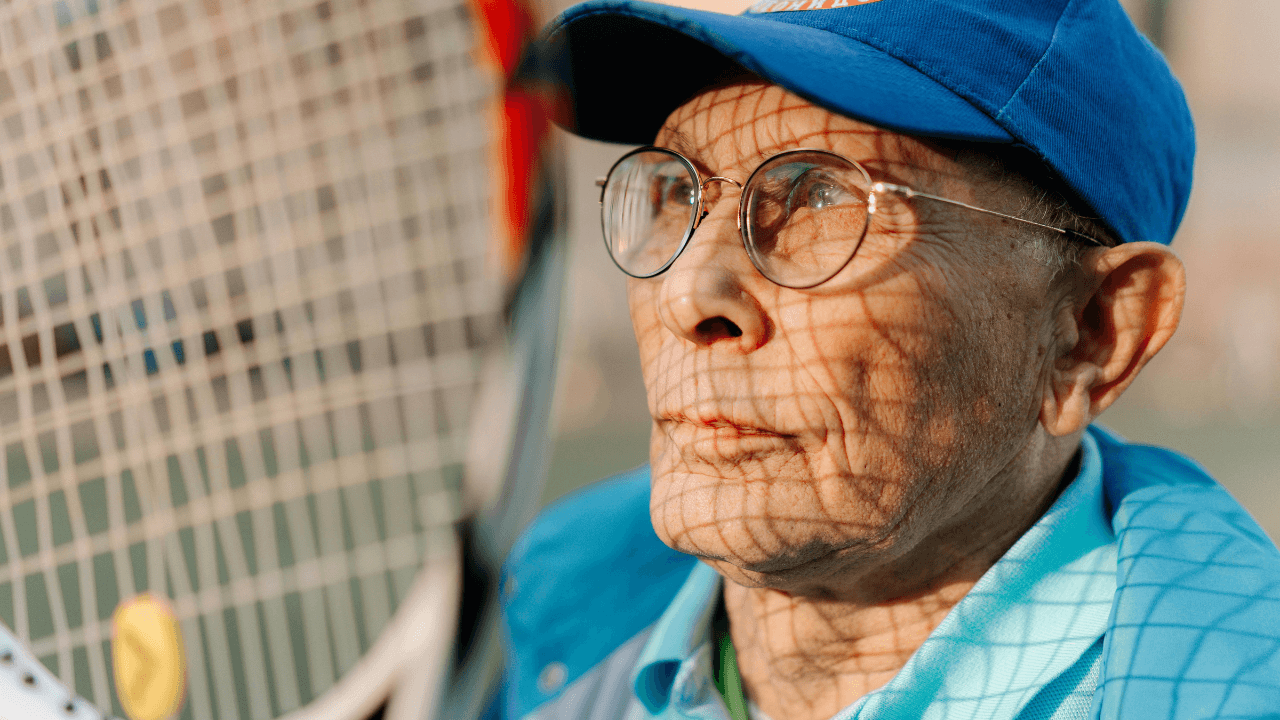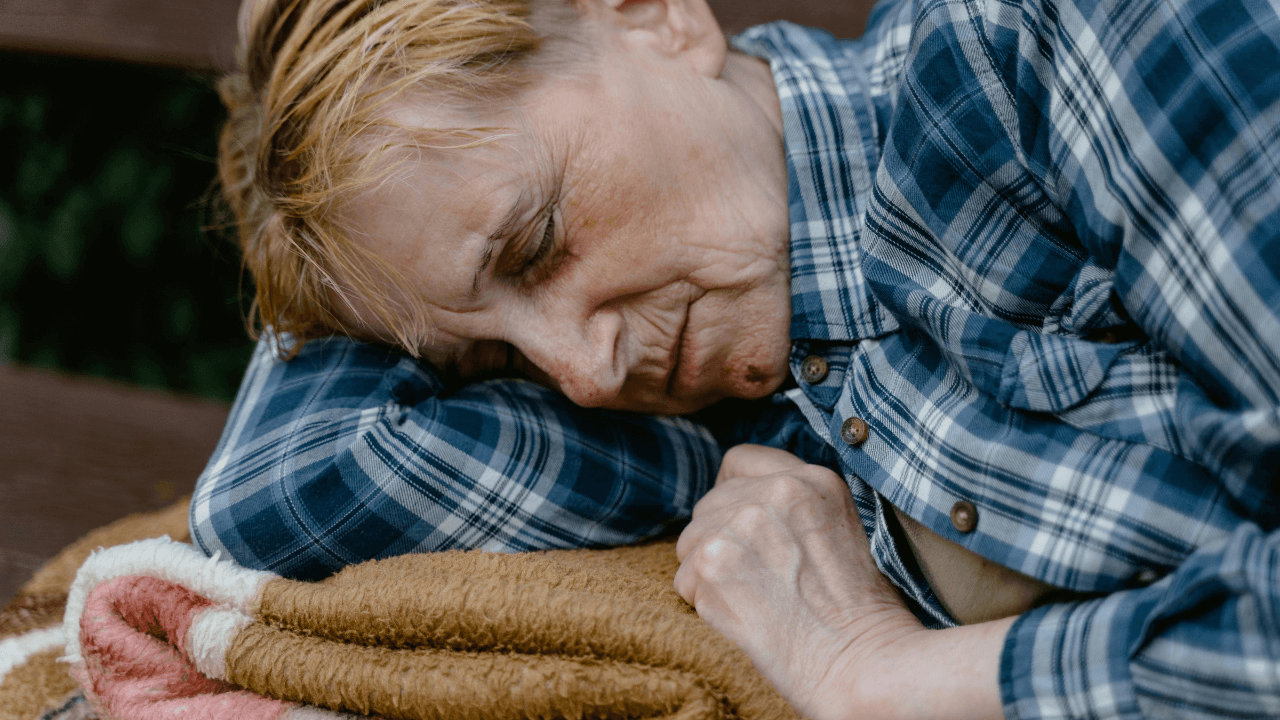Did you know that Leading Edge Senior Care has a Dementia Support Group? We meet monthly In Mesa. For more details <click here> What Is Lewy Body Dementia? Lewy Body Dementia (LBD) is one of the most complex and misunderstood forms of dementia. It affects cognitive function, movement, and behavior, often leading to significant challenges for both individuals and their caregivers.…










